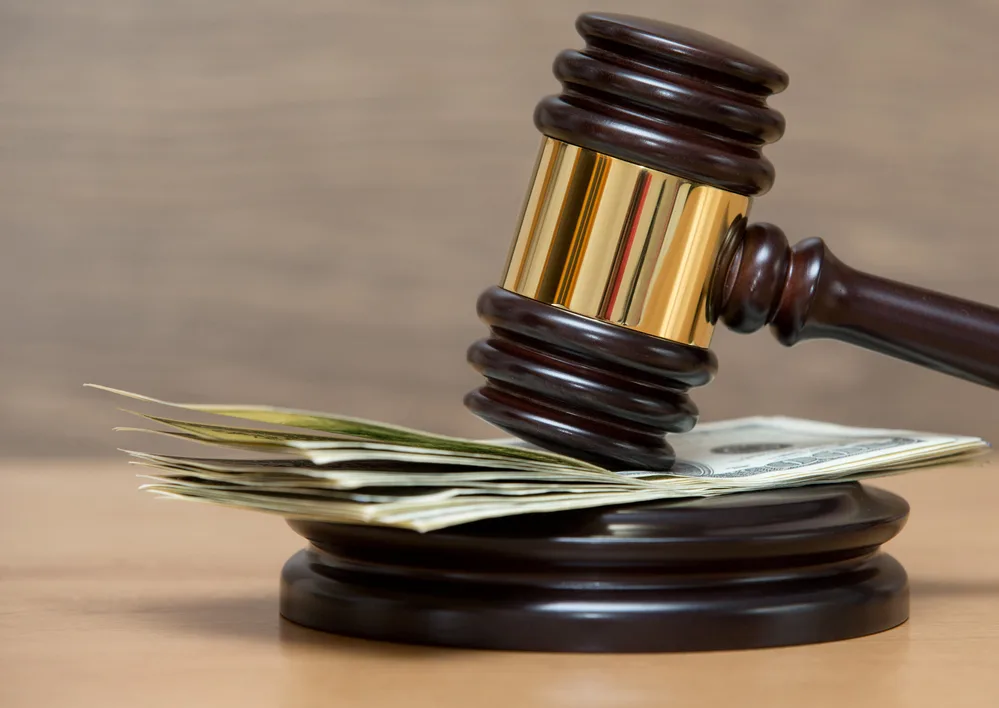Car accidents can be traumatic events that not only result in physical and emotional distress but also often lead to significant financial burdens. If you’ve been involved in a car accident in New York, you may be entitled to compensation to cover your medical expenses, lost wages, property damage, and more.
However, obtaining fair and just compensation is not always a straightforward process. Negotiating car accident compensation in New York can be complex, and understanding the intricacies of the state’s legal system is crucial to ensuring that your rights are protected.
Navigating the aftermath of a car accident can be challenging, but with the right knowledge and guidance, you can work towards obtaining the compensation you deserve.
Understanding Car Accident Compensation
Comprehending the intricacies of car accident compensation is pivotal. There are various forms of compensation available to victims, including coverage for medical expenses, reimbursement for lost wages, property damage compensation, and recovery for pain and suffering.
New York operates under a no-fault insurance system, which means that regardless of fault, your own insurance typically covers your immediate medical expenses and some economic losses. Determining fault in car accidents plays a crucial role in pursuing additional compensation from the at-fault party’s insurance.
Steps to Take After a Car Accident
After a car accident, swift and decisive actions are imperative to protect your interests and ensure a smooth compensation process.
- Immediate post-accident actions: Ensure safety by moving to a safe location and checking for injuries. Contact law enforcement to report the accident and request medical assistance if necessary. Gather evidence, including photos of the accident scene, vehicle damage, and any visible injuries.
- Seek medical treatment: Promptly seek medical attention, even if injuries appear minor, as some symptoms may not immediately manifest. Document all medical records and expenses.
- Report the accident to the insurance company: Notify your insurance company about the accident as soon as possible, adhering to the state’s no-fault insurance requirements.
- Consult with an attorney: It’s advisable to consult with a personal injury attorney early in the process to understand your rights and options, especially if injuries are severe or fault is disputed.
Preparing for Car Accident Compensation Negotiations
To maximize your chances of receiving fair compensation after a car accident, careful preparation is essential.
Gather the necessary documents:
- Medical records and bills
- Police reports
- Witness statements
- Insurance policies
Assess the total financial impact of a car accident, considering medical expenses, lost wages, property damage, and pain and suffering. This understanding will help you determine a reasonable settlement amount.
Investigate the insurance coverage of the responsible party to ascertain the potential limits on compensation available.
Negotiating with Insurance Companies
Negotiating with insurance companies can be a challenging process, and being well-prepared is crucial for achieving a favorable outcome.
Maintain open and honest communication with the insurance adjuster, providing all requested documents and information promptly. Present a well-documented and reasonable demand letter outlining your damages.
Be prepared for counteroffers and negotiations. Review each offer carefully and consult with your attorney to determine whether it adequately covers your losses.
If the insurance company’s initial offers are inadequate, remain patient and continue negotiating. Your attorney can assist in pushing for a fair settlement or explore other avenues for resolution, such as mediation or litigation.
Mediation and Alternative Dispute Resolution
Mediation and alternative dispute resolution (ADR) methods offer an opportunity to resolve car accident compensation disputes in a less adversarial and costly manner:
Mediation involves a neutral third party (the mediator) who facilitates negotiations between you and the at-fault party’s insurer. It provides a structured forum for discussion and compromise.
Mediation can be quicker and more cost-effective than litigation, and it allows both parties to have a say in the outcome. It can lead to mutually acceptable settlements, reducing the uncertainty of court proceedings.
Before mediation, consult with your attorney to develop a clear negotiation strategy and be prepared to present your case convincingly, bring all relevant documents and evidence to support your claim. Understanding the mediation process and its potential benefits can help you navigate this alternative route to resolution effectively.
Litigation as a Last Resort
When negotiations and alternative dispute resolution methods fail to yield a satisfactory outcome, litigation may become necessary. To initiate a lawsuit, you or your attorney must file a complaint in the appropriate court, specifying your claims and the relief sought.
Litigation involves various stages, including discovery, depositions, and court hearings. Both parties will present their arguments and evidence to a judge or jury.
While litigation can result in a court-imposed judgment, it is often more time-consuming and expensive than negotiation or ADR. It may also involve greater uncertainty as a judge or jury determines the outcome.
Tips for Successful Negotiations
Effective negotiations are key to obtaining fair car accident compensation. Here are essential tips to help you navigate this process:
- Maintaining documentation and records: Keep thorough records of all accident-related expenses. Comprehensive documentation strengthens your case.
- Patience and persistence: Negotiations can be lengthy and may involve multiple rounds of offers and counteroffers. Stay patient, and don’t rush into accepting an inadequate settlement. Be persistent in pursuing fair compensation.
- Seeking legal advice when needed: Consulting with an experienced personal injury attorney is invaluable. They can offer expert guidance, assess the fairness of settlement offers, and provide skilled negotiation on your behalf.
Conclusion
Navigating the complexities of negotiating car accident compensation in New York demands knowledge, patience, and diligence. Understanding the types of compensation available, the steps to take after an accident, and how to prepare for negotiations is crucial.
Whether through communication with insurance companies, mediation, or litigation, your determination and preparation can make a significant difference in the outcome.
Recent changes in New York’s laws and the ever-evolving legal landscape underscore the importance of staying informed. Remember to document all relevant information, exercise patience throughout negotiations, and seek legal counsel when necessary.
In the end, securing fair compensation is not just about covering expenses; it’s about seeking justice and ensuring that your rights are protected. By following the guidance in this article, you can approach the process with confidence, knowing that you are well-equipped to pursue the compensation you rightfully deserve.






